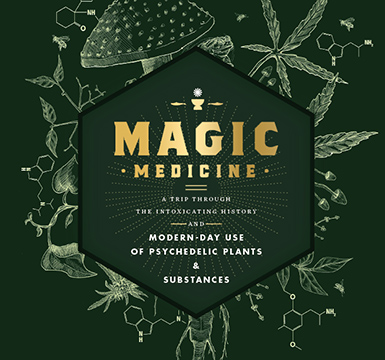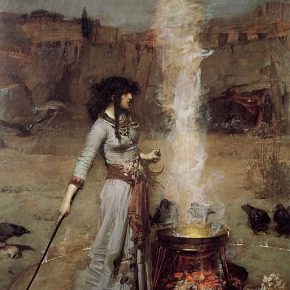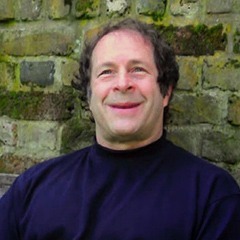liberty

Psychedelics, Therapy, and the Law The Risks and Pitfalls of the Emerging Industry of Psychedelic Medicine
Today’s guest post is by Lincoln Stoller, PhD, CHt, a hypnotherapist in British Columbia who writes at mindstrengthbalance.com. The legal view of psychedelics is quickly heading for a change. A few organizations, like MAPS and Erowid, had maintained their position as providers of information during the illegal years. MAPS has focused on research, Erowid on information. They and others have held the fort, so to speak, but their effects have been small and, by themselves, they would not have precipitated social change. Law and policy are not driven by science, they’re driven by expediency and advantage. In the...
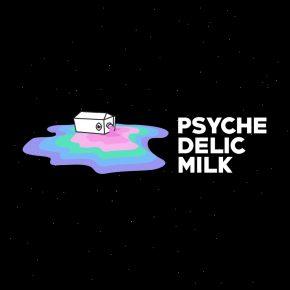
‘Magic Medicine’ Author Featured on Psychedelic Milk Cody Johnson Talks About Awe, Hallucinations, and Tripping in Narnia
Have you heard of Psychedelic Milk? You should definitely check it out. Psychedelic Milk is a podcast hosted by Ed Liu, all about alternative medicine for scientific healing purposes and spiritual growth. As you might have guessed, he often discusses psychedelics, but dives into all kinds of tangents from Taoist spirituality to flow states. Ed’s always searching for something fresh, and he’s produced over a hundred episodes of high-quality conversations with a range of sparkling personalities. Ed invited me on his show, and I’m happy to announce that I’m featured on Episode 109: Magic Medicine with Cody Johnson |...
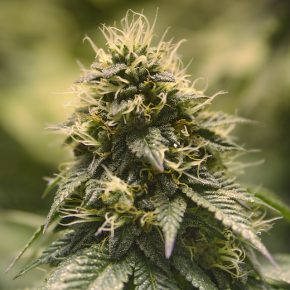
Oklahoma Voters Just Legalized Medical Cannabis To celebrate, I'm sharing an excerpt of my new book, Magic Medicine
In a historic referendum, Oklahoma voters have just approved one of the most progressive medical cannabis laws in the country. With a doctor’s orders, Oklahomans will be able to possess eight ounces in their homes, carry three ounces in public, and cultivate 12 plants. Unlike many other states, there is no limit to which diseases may be treated by cannabis — a doctor may prescribe it for any condition. The measure passed with a 57% to 43% margin. These regulations are relatively lax, especially for a red state in the heart of Trump country. But perhaps it should come...
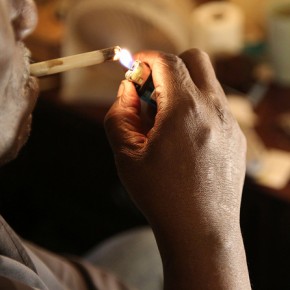
Many people use drugs – but here’s why most don’t become addicts
Today’s post is by Paul Hayes, Hon. Professor Drug Policy at London School of Hygiene & Tropical Medicine. It was originally published on The Conversation. Drug use is common, drug addiction is rare. About one adult in three will use an illegal drug in their lifetime and just under 3m people will do so this year in England and Wales alone. Most will suffer no long-term harm. There are immediate risks from overdose and intoxication, and longer-term health risks associated with heavy or prolonged use; damage to lungs from smoking cannabis or the bladder from ketamine for example. However...

Moving Into the Sacred World of DMT, by Nick Sand
Nick Sand is one of the most prolific and well-known underground chemists in history. From 1966 to 1996, he produced huge amounts of LSD, as well as MDMA, synthetic mescaline, DMT, and other psychedelics that were distributed around the globe. Along with Tim Scully, Nick Sand was responsible for producing over 3 million hits of Orange Sunshine, a brand of LSD that was renowned for its quality and purity in the Sixties. Sand has a particular fondness for DMT. In fact, it was a DMT vision quest in the 60s that convinced Sand to dedicate his life to...

Sasha Shulgin Compares Drug War to Persecution of Galileo
I was so struck by this passage from Alexander Shulgin’s book Tihkal (Tryptamines I Have Known and Loved) that I had to share it here: Professor David Nutt has made a similar comparison, describing the UN’s ban on psychedelics as “the worst case of scientific censorship since the Catholic Church banned the works of Galileo.” You can read the second half of Tihkal (the chemical section) on Erowid, or better yet on isomerdesign.com where it is more accurate and more user-friendly. But the first half of the book remains copyrighted, so if you’d like to read the whole thing,...
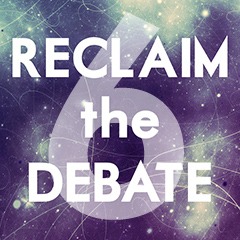
Reclaiming the Prohibition Debate, Part 6—Asking Questions
This is the conclusion of a six-part series about the Prohibition debate. You can check out Parts 1, 2, 3, 4, and 5, though they are not necessary for understanding this post. In Part 5 I discussed cognitive liberty as a basic human right, and in this final section I review the questions we should be asking about drug policy. Legality does not constitute endorsement Prohibition supporters often say that repealing prohibition would “send the wrong message” to America’s youth. But the legislative body is not in the business of sending messages. We do not pass laws to communicate how people should...
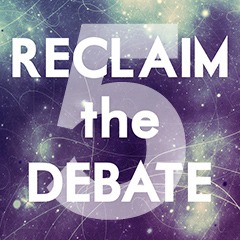
What is Cognitive Liberty? Reclaiming the Prohibition Debate, Part 5
This is the fifth in a six-part series about how the Prohibition debate is tainted by our unquestioned assumptions. You can check out Parts 1, 2, 3, and 4, but they are not necessary for understanding this post. Politicians, the media, and everyday citizens tend to frame the prohibition debate as “Should we legalize marijuana?” This language reveals entrenched cultural views not only about drugs, but about the role of government and the freedoms “allowed” to the private citizen. “Legalize” implies that the role of the government is to selectively allow some things. It isn’t – the role...
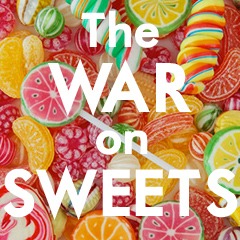
The War on Sweets What if We Applied the Failed Approach of Drug Prohibition to Candy?
This is the fourth in a six-part series about how the Prohibition debate is tainted by our assumptions and prejudices. You can check out Parts 1, 2, and 3, but they are not necessary for understanding this post. We often focus on what would happen if cannabis were legalized. This is a terrible way to frame the debate. It’s worthwhile to consider the effects of any legislative act, of course, but we focus way too much on societal effects and not enough on human rights. We consider the ends at the expense of the means. An example will illustrate my point....
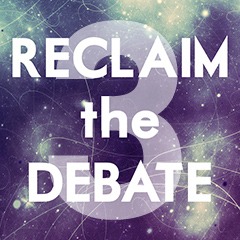
The Power of Words Rethinking the Language of Prohibition
This is the third in a six-part series about how the Prohibition debate is tainted by our assumptions and prejudices. You can check out Parts 1 and 2, but they are not necessary for understanding this post. Those who rule symbols, rule us. —Korzybski Consider the power of words. If we uncritically accept the state-sponsored language, the DEA’s job is to enforce laws that apply to illicit substances. But a humanitarian perspective may sound more like this: the DEA robs and kidnaps individuals who possess, create, or sell some substances, almost none of which are especially poisonous when compared to commonly...

